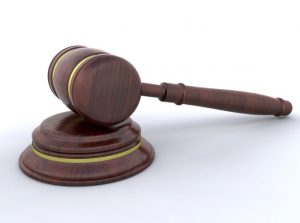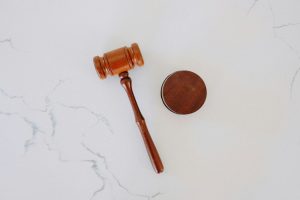
Social media has become an integral part of modern communication, providing people with a platform to express themselves and connect with others around the world. While social media has undoubtedly facilitated the free flow of information, it has also raised questions about the limits of free speech and the responsibilities of social media companies.
The impact of social media on free speech has been both positive and negative. On the one hand, social media platforms have allowed individuals to express their opinions and engage in public discourse on a scale that was previously impossible. Social media has given a voice to marginalized communities, allowed for the rapid spread of news and information, and facilitated the formation of social and political movements.
However, social media has also created new challenges for free speech. Online harassment, hate speech, and the spread of false information have all become increasingly common on social media platforms. This has led to calls for increased regulation and accountability for social media companies, particularly in relation to the moderation of content on their platforms.

One of the key challenges in balancing protection and accountability on social media is determining who is responsible for regulating speech on these platforms. While social media companies have been criticized for not doing enough to moderate harmful content, some argue that placing too much responsibility on these companies could lead to censorship and limit free speech.
Another challenge is determining what types of speech should be protected on social media. While free speech is a fundamental right, there are limitations on speech in the interests of public safety and to protect against hate speech and harassment. Determining where to draw the line between protected speech and harmful speech is a complex issue, and one that is likely to be debated for some time.
The impact of social media on free speech has also raised questions about the role of governments in regulating these platforms. While some argue that governments have a responsibility to protect citizens from harmful content online, others argue that government regulation could lead to censorship and limit free speech.
Despite these challenges, there are steps that can be taken to promote both free speech and accountability on social media. Social media companies can improve their content moderation policies and practices, working to ensure that harmful content is removed from their platforms while protecting free speech. Governments can also work to develop regulations that balance the need to protect citizens from harmful content with the need to protect free speech.
The impact of social media on free speech is a complex issue that requires a delicate balance between protection and accountability. While social media has the potential to facilitate the free flow of information and promote free speech, it also poses new challenges for protecting individuals from harm. By working together to develop effective policies and regulations, we can create a more responsible and free online environment.







